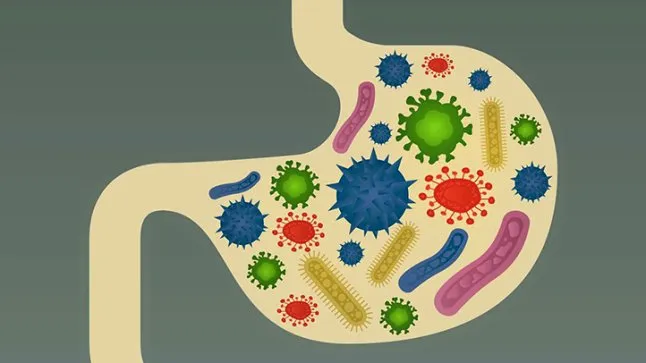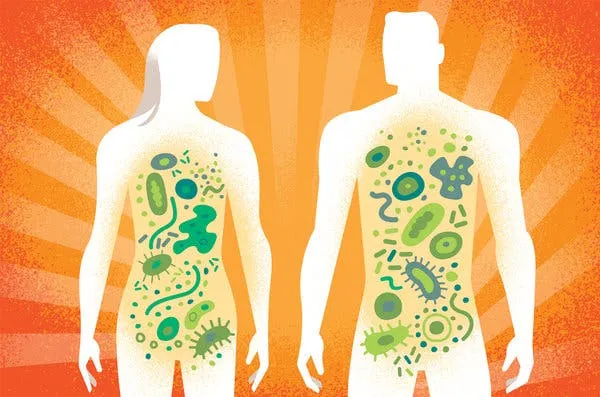
The more that scientists have studied the microbiome, the more more we have come to realize its importance in fostering a healthy immune system, and overall human development.
Slowly, healthcare professionals are starting to embrace the notion that many diseases are rooted in the dysfunction of the microbiome.
It is believed that consumption of both probiotics and prebiotics can help potentially treat a variety of illness. More and more, people are looking to restore health to the microbiome because of how detrimental it is to our health.

Now, researchers believe that having the ability to profile bacteria that is found throughout the GI tract could help to diagnose and treat a myriad of conditions in the future.
Scientists have used 3D printing technology to help and they have recently created 3D printed pills that can sample gut bacteria.
So far, they have tested on both pigs and primates and they are still looking forward to human trials.
Until this development, researchers admit that they had not had a way to analyze that bacteria that wasn't invasive.

Studies have shown that these gut microbes can impact our mood, our behavior, contribute to obesity, they can help to protect against high blood pressure, and much more.
Bacteria in the gut has also been known to affect certain illness such as Parkinson's disease.
Fostering a healthy immune system and microbiome is essential to our well-being. And these new 3D printed pills give a new way for non-invasive investigation that can help give more information so that people can seek true healing and better understand their condition.
A close analysis of that bacteria has also shown links to diet and lifestyle.
“To a large extent, the main factor we found that explained a lot of that variance was the diet.” - E. Alm, the Karl Van Tassel Career Development Associate Professor of Biological and Environmental Engineering
There are human-associated microbial communities to be found everywhere in society today, such as in our hospitals, schools, and shopping malls, and they are all affecting our health at the end of the day.
Previous studies have confirmed that some of the microbes in our gut, the beneficial ones, are working hard and playing a vital role in fostering our body health. Whether it is impeding medication success or preventing you from efficiently extracting calories from foods etc, there is reason to be mindful of microbiome health. To consider then what we are starting to discover about the microbiome then, we have more than enough evidence to suggest that what you eat does matter and it's harmful for healthcare professionals to continue perpetuating a message that says otherwise.
The information that is posted above is not intended or implied to ever be used as any substitute for professional medical advice, or diagnosis or treatment. The above is posted for informational purposes only.
